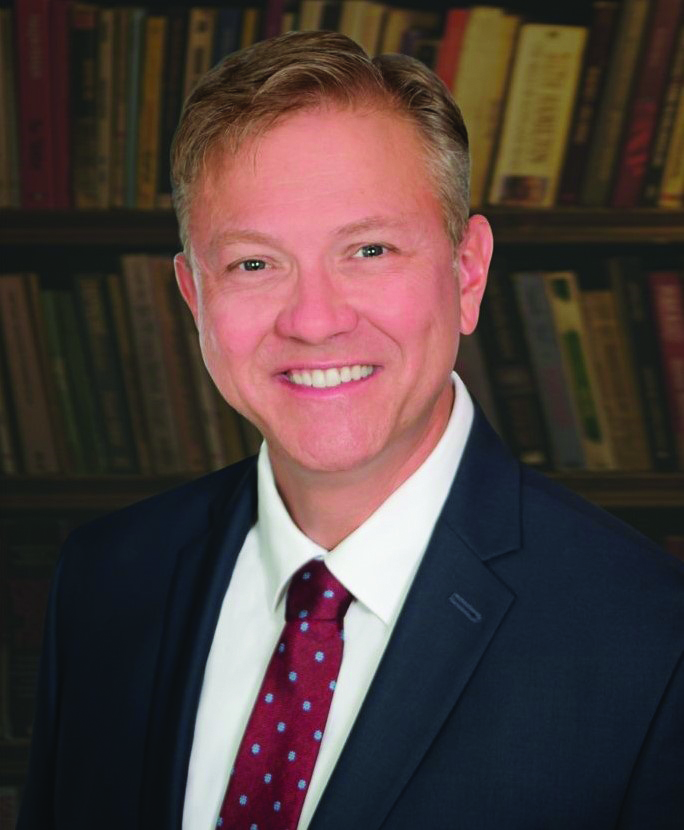 Shaun W. Wiedrick is an Estate Planning and Elder Law attorney with 25 years of experience. His office, SHAUN W. WIEDRICK, P.A., is located in The Royal Palm Financial Center, at 759 SW Federal Hwy., Suite 212, Stuart, FL 34994. Contact him at www.WiedrickLaw.com, or call (772) 463-4443, or e-mail his assistant Kate, at kate.wiedricklaw@att.net.
Shaun W. Wiedrick is an Estate Planning and Elder Law attorney with 25 years of experience. His office, SHAUN W. WIEDRICK, P.A., is located in The Royal Palm Financial Center, at 759 SW Federal Hwy., Suite 212, Stuart, FL 34994. Contact him at www.WiedrickLaw.com, or call (772) 463-4443, or e-mail his assistant Kate, at kate.wiedricklaw@att.net.
Many prospective clients come into my office with some vague conceptions, or misconceptions, about trusts and wills and how they function within an estate plan. When most people think of an estate plan, they think of a will, otherwise known as a Last Will and Testament. Just about everyone knows something about wills, whether from personal experience or from the movies – think of the various movie scenes where the decedent’s lawyer reads the will to the family seated in front of the lawyer’s desk, and the drama ensues!
In the real world, that scene rarely happens. Most of the time, one or more of the family members have already read the will, before contacting an attorney for legal assistance in “activating” the will. You see, in the United States, and certainly in Florida, a will, on its own, cannot transfer ownership of assets from a decedent to anyone. A will must be probated with the court in the state and county where the decedent lived, in order for the named executor of the will, whom we call a Personal Representative here in Florida, to have the legal authority to manage and distribute the assets of the deceased person.
In Florida, the average formal probate case takes approximately 9-24 months to complete. I’ve managed to settle some simple cases in less time, but many probate cases can take much longer. This is because the probate court has many mandated steps, decided and controlled by law, which include checks and balances to make sure that the creditors and the beneficiaries of a deceased person are fairly dealt with and protected. Those steps take time, especially if there are any complexities or disputes with creditors or among the beneficiaries.
Trusts have been around almost as long as wills. Similar to wills, most trusts are created to specify who is in charge (the Trustee), and who receives which assets and under what terms from a decedent. A primary difference, however, is that since the deceased person’s assets are titled in the name of their trust, and since the trust “doesn’t die”, there is typically no, or minimal, probate court involvement. Once a vehicle almost exclusively for the rich, trusts have become a commonly used estate planning technique for the middle-class. Many folks have come into my office thinking that trusts are only for the wealthy, until I point out that they purchased their home or condominium from a seller’s trust!
Of course, the above information is but the tip of the iceberg. Many books have been written on trusts vs. wills, and the related family and legal issues. Yes, many folks are a good fit for a trust, for a variety of reasons. For example, if a person or couple owns property in more than one state, a trust can be very effective in avoiding multiple state probate cases. Also, if clients are in second marriages, have younger beneficiaries, spendthrift beneficiaries, or beneficiaries who are divorced or may become divorced, or they are concerned about certain taxes, there are many ways that a trust can address those concerns while avoiding much of the paperwork, expense and delays of moving an estate through the probate court(s).
Wills and trusts are not the only legal documents that should be in place: powers of attorney, health care surrogates, living wills, and sometimes specialized deeds, etc. are all important documents - to make sure things are handled properly in the case of our illness or incapacity, as well as when we pass on.
Not everyone needs or benefits from having a trust in place, but the best way to decide if you do need a trust, is to meet with an experienced estate planning/elder law attorney; one who can help you to assess your situation, and to come up with the best estate plan for you and your family.
